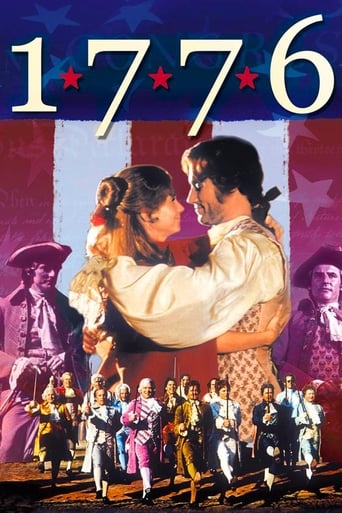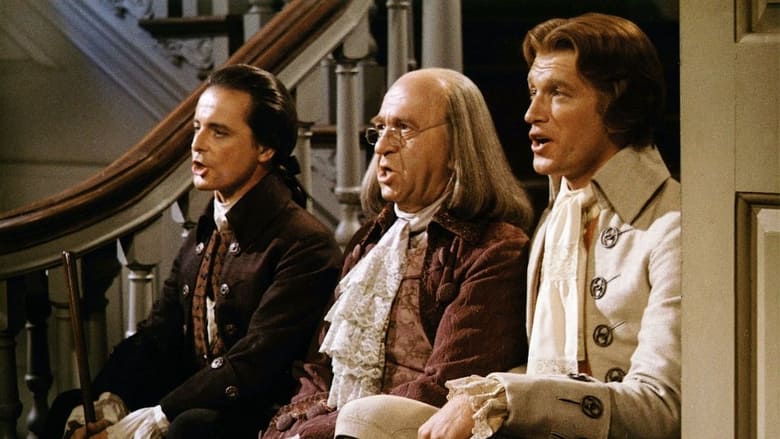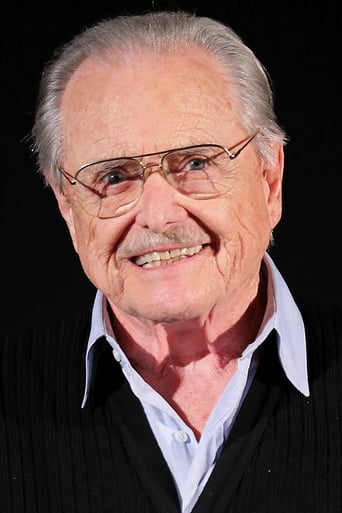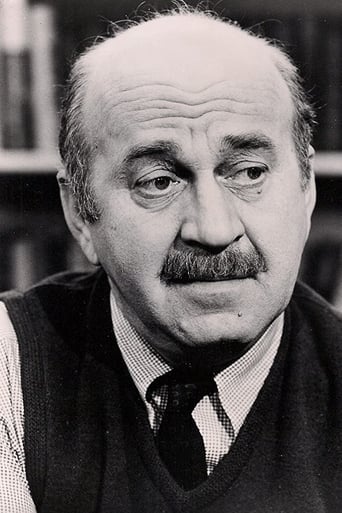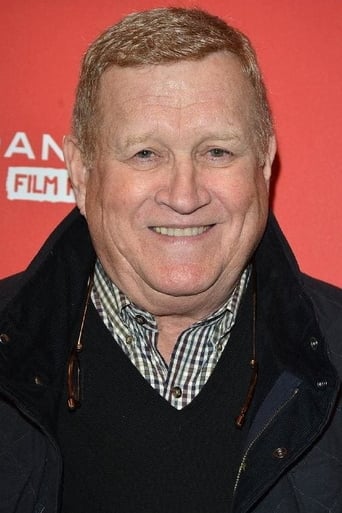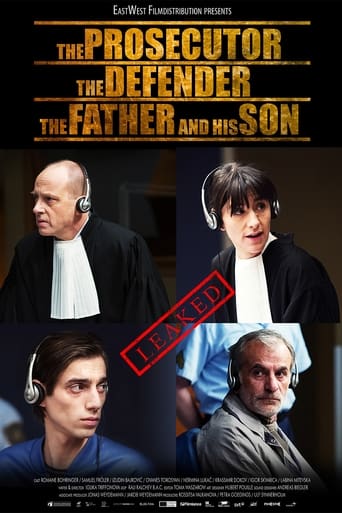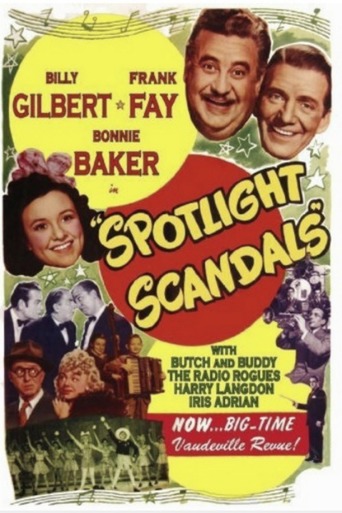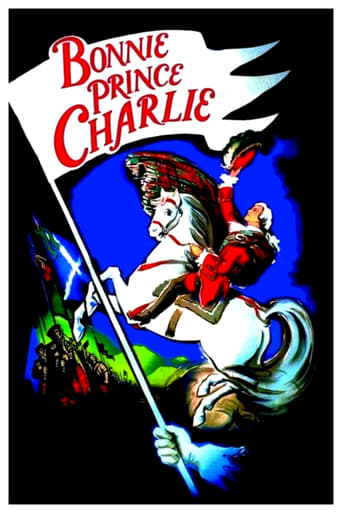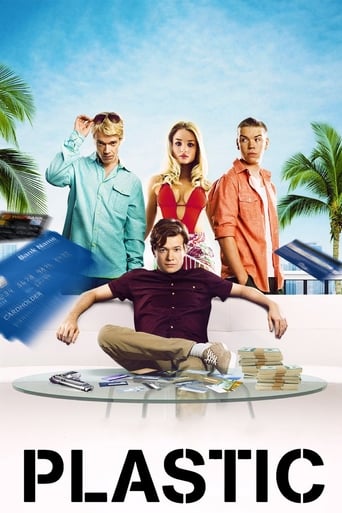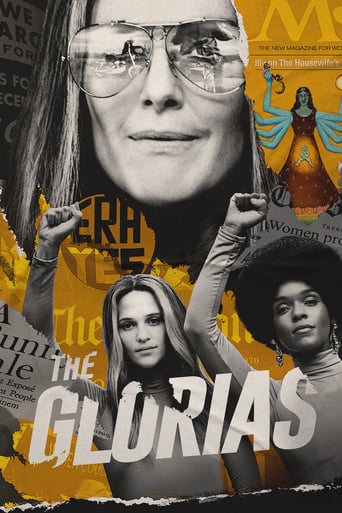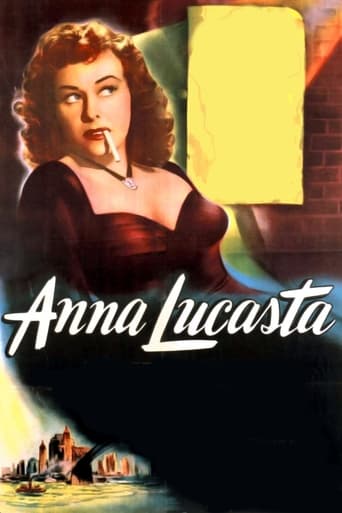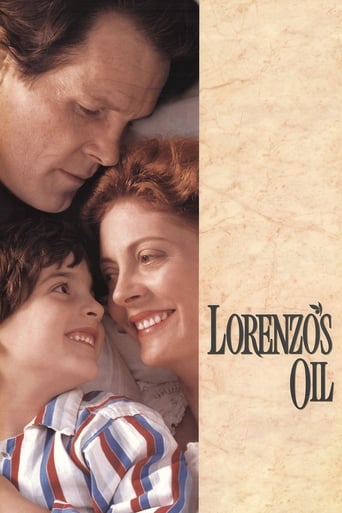1776 (1972)
Colonial representatives gather in Philadelphia with the aim of establishing a set of governmental rules for the burgeoning United States. Benjamin Franklin and John Adams charge Thomas Jefferson with the task of writing a statement announcing the new country's emancipation from British rule.
Watch Trailer
Cast


Similar titles
Reviews
I like the storyline of this show,it attract me so much
There is, somehow, an interesting story here, as well as some good acting. There are also some good scenes
It really made me laugh, but for some moments I was tearing up because I could relate so much.
The story-telling is good with flashbacks.The film is both funny and heartbreaking. You smile in a scene and get a soulcrushing revelation in the next.
Being a fan of history in general, and American history in particular, I fully expected to love this film. Unfortunately, for me at least, there are several troublesome factors here that take this one down a few pegs.The history itself is seriously spotty. Too many to list, but for one, Adams and Franklin were NOT buddies, so to see them cavorting side-by-side was an odd sight indeed. It is well known Adams despised Franklin (he despised a lot of people actually). There are many minor/trivial oddities here as well - things like Martha Jefferson showing up in Philadelphia (she did not); Jefferson writing the Declaration as we know it today (in truth much of the wording was altered by the Committee); Cesar Rodney shown here on his deathbed (he lived for 8 more years); Franklin saying he founded the first abolition society in the new world (he did not). I can go on, you get the point. I don't find all of these inaccuracies to be a 'big deal' - however when I read other reviewers here refer to this film as a 'great history lesson' - well, now it becomes one. Because the reality is, like many films, '1776' is NOT a history lesson and should not be viewed as such. It is a play set in a historical place and time, but as with many other films and plays, a heavy dose of dramatic license has been applied here and that needs to be understood.That in itself wouldn't be too bad. However, there are a few more issues....for a musical with something like 15 songs, an alarming number of them aren't particularly good or catchy or noteworthy. There are a few good ones, yes, but only a few. I am hard-pressed to name a musical that has less memorable music than this one. If I were to watch this again (something I'd probably not do as I now contemplate it), I would definitely fast-forward over some of the lesser songs. That is not a good thing for a musical, needless to say.Speaking of fast-forwarding, another reason I'd do it is that at nearly three hours, the film is just too darn long for its own good. I am not against lengthy films, but generally longer films are usually associated with epic story-telling on a grand scale. There is nothing grandiose with 1776, virtually the entire film is set in the Congress chamber (not surprising as this was adapted from a play). With several sub-standard musical numbers here, though, it makes the film a chore to sit through for that long. Jack Warner was right to cut this film in 1972, that version is probably more palatable than the director's cut.Some of the humor in this was excellent, probably the best part of the film. While the Adams character was the main protagonist, Franklin was by far the funniest. And I will say I was surprised at the frequency of sexual innuendos in the film. Not a bad thing, as I mentioned some of the puns were quite funny, but not something for 'the kids' to watch I'd say, if they managed to understand (Franklin's line that 'at my age the pen is mightier than the sword' comes to mind).Overall, not terrible but not great. I don't think I'd watch this again, but if I did I'd skip maybe 8 of the songs. That speaks volumes, and what it says isn't especially complimentary. If this were to be redone with new and better songs it would make it more deserving of the 'classic' moniker some strive to give it now. In its current form it's a tad lacking. 6/10.
When it was first released, the film was not a box office success. To be fair, though, the studio butchered the film after its debut -cutting more than 40 minutes, including one complete song and parts of several others. Based on the award-winning musical play, 1776 is one of the best-written musicals of all time. Watching the restored director's cut is an entirely different experience from what most people saw in their movie theater.The script humanizes and characterizes the founding fathers in a way never seen before, and seldom seen since. Much of the dialogue is taken directly from the letters and speeches of the characters (written before, during, and after the revolution). There are a few historical inaccuracies and embellishments, but the film by and large tells the true, and often unknown, story of how the Declaration of Independence came to be written.The score, by former history teacher and sometime-popular-songwriter Sherman Edwards is delightful. Contrary to some of the reviews posted here, there are several stand-out songs, including "Yours, Yours, Yours", "He Plays the Violin", and "Momma, Look Sharp". The score and orchestrations evoke the musical styles of the period, and provide a lot of the film's humor. 1776 holds an odd record in the theater world: the longest space of time between musical numbers (over 30 minutes). Some critics have suggested that the show should have been a straight play, rather than a musical, but the songs serve to lighten the mood and energize the storytelling, It would be a lesser show if they were -as evidenced by the very different audience reaction to the highly-edited release version where much of the music was cut. Sadly, the film's soundtrack album was horribly botched, with heavy reverb added to the mix, and has never been available on CD or in digital format. An expanded, remastered release is possible with the remaining sound elements, but not deemed commercial enough to warrant the expense.The cast is uniformly excellent, drawn almost entirely from the original and later Broadway and touring casts of the long-running hit. This is one of the very few times Hollywood allowed most of the principal cast of a Broadway show to preserve their performances on film. William Daniels owns the role of John Adams as few actors have ever owned a role. His scenes with Virginia Vestoff (Abigail Adams) are among the most beautiful and touching ever filmed. Howard DaSilva's Ben Franklin provides a great deal of common sense along with the comedy. He nearly wasn't allowed to do the film, but we are fortunate that he finally got to preserve his wonderful performance. (He had a mild heart attack during the Broadway previews and missed the opening night. Contractually, his understudy, Rex Everhart, got to record the original cast album, while DaSilva actually performed the role during the Broadway run.It is amazing that the film was ever made. 1776 was a virtually all-male musical (there are only two female roles) about history and politics, made at a time when traditional musical films were box-office poison. It had no big names, and no popular song hits. Jack L. Warner is often excoriated for cutting "Cool, Considerate Men", when really he should be lauded for preserving a classic American musical in what must be considered the most faithful film adaptation ever made.
I knew about this when I was in high school, but did not see it until years later. I saw it for the first time at a dinner theater in Denver in 1983. I was totally in awe from the first time I saw John Adams walk into the room to lecture his colleagues about their inaction. I felt that the portrayal of Ben Franklins wry, but witty humor was boundless. This is one you need to have your children see to at least have a fanciful, and enlightening telling of what long odds our Founding Fathers had in starting this great nation of ours. Stephen Hopkins statement at the end, that he wants to see every mans face as he signs the Declaration will bring tears to your eyes. The whole cast is wonderful, Great stuff!!!
O.K., that is if you are descendants of the original 13 colonies and not descended from a a slave and not a woman who during this time and was still treated like a second class citizen. So America's first several centuries certainly had its faults, the most obvious of which was its European explorers who claimed to have discovered it yet basically banished or enslaved the natives who were already here and had already discovered it. But as the American colonies grew, so did the desire for those under British rule to form a new nation, and the congress congregated in Philadelphia were even divided about that. These long-ago patriots included famous inventors and future presidents, several state governors and notorious rebels. Here, the focus is on three of these men with others given moments in the spotlight to share their history. Future presidents John Adams and Thomas Jefferson, who have had their own more truthful tales revealed through T.V. and movies, and Benjamin Franklin, inventor extraordinary who has had more controversy revealed yet remains one of our greatest non-presidential figures ever in the American history books.The Broadway musical shocked everybody with its success, most theater people convinced that a musical about a basic High School History lesson would bomb quicker than the Americans over Hiroshima. But the way in which the story was told, passionately, elegantly and quaintly, surprised even the most cynical of critics, and the show ran for years, producing this motion picture as a result and later a successful revival that managed to extend past its intended limited run. The secret to the success of the show is the passion put into each of these characters, not simply American folk heroes whom we've only seen paintings of, but flesh and blood men and a few women who had dreams, passions and ideals, even if some of them have been a bit soiled over the years.William Daniels heads the pack as John Adams, the future "second president" (and first V.P.) who realized he was too obnoxious and disliked to write the Declaration of Independence. Adams may not be the most popular man in the congress (which he considers three or more useless men to be considered), but as you see his intentions and his desperation (told with sweet vignettes concerning his wife, seen in dream sequences describing their letters to each other), you can't help but like him. Benjamin Franklin, as played by Howard da Silva, is a lovable rascal, a bit perverted (although history has insinuated it to be more so), and every inch the "bigger than life" man his legacy has made him out to be. Future "White Shadow" Ken Howard is the soft spoken Thomas Jefferson, and while his controversial life as father to one of his slaves' children has since been revealed, here, it is his silent love for writing and his beautiful wife (Blythe Danner in one of her earliest roles) that makes him get down to write the most famous document in American history. Virginia Vestoff is tender as the feisty but loyal Abigal, and her singing several romantic duets with Daniels is one of the film's many highlights.For Daniels, Da Silva and Danner, there is the show-stopping "He Plays the Violin" where Danner confides the quiet Jefferson's secret of lovemaking to them. It leads into a lively dance sequence that proves you don't need tons of chorus people to make you tap your feet. Daniels and Da Silva are joined by Howard for "The Egg" in which they seemingly fictionally imagine what bird will be made the symbol of their hopeful new nation. In spite of its obvious falsity, the sequence is a symbol of hope that probably every patriot of a new nation felt as they stepped forward to change the course of history.The other congress people are a magnificent bunch of Broadway and Film actors, especially Ron Holgate as Richard Henry Lee, repeating his Tony Winning role with the show-stopping "Lee's of Old Virginia", theater legend John Cullum as Edward Ruthledge who is determined to keep slavery alive in spite of objections of the northerners in congress, Roy Poole as the drunken Stephen Hopkins, William Hansen totally moving as the seemingly dying Cesar Rodney, original "Annie Get Your Gun" co-star Ray Middleton as the very Scottish Thomas McKean, David Ford as Congressional President John Hancock (the first man to sign the declaration, hence the slang term "give me your J.H.") and John Myhers as the portly Robert Livingston. Along with Rex Robbins, Daniels, Da Silva, Howard and Mhyers sing the rousingly unforgettable "But Mr. Adams" in which the declaration committee argues over who will actually write it. Also memorable is William Duell as the feisty Andrew McNair, the congressional custodian who gets his own moment when he sings a bit of the moving "Mama, Look Sharp", an obviously anti-war song about what was going on at the time in Vietnam with young innocent men being killed or maimed. Future "Benson" governor James Noble is obviously recognizable as one of the New Jersey delegates. Fans of the 1984 Academy Award Winning Best Film "Amadeus" will recognize a few of the smaller roles here from that later masterpiece which ironically took place at the same time yet many thousands of miles away. You can't call all of this "the truth" although many of the lines have been proved to have been actually spoken by the men who say them on screen here. Beautifully photographed and scored with an opening credit scene that reminded me of paintings of Charles Dickens novels, "1776" is a must see, not only for theater fans and history students, but practically everybody else who loves what America stands for.

